What causes hip pain?
Hip pain can be the result of damage or disease in your hip joint. If you have an underlying spine or nerve condition, it can also radiate pain into your hip, a condition known as referred pain. Some of the common causes of hip pain the team at Tier 1 Orthopedic and Neurosurgical Institute diagnose and treat include:
- Fractures
- Dislocation
- Labral tear
- Osteoarthritis
- Rheumatoid arthritis
Conditions that can cause referred pain in the hip joint include sciatica and osteoporosis. If you have chronic hip pain that lasts for longer than six months, it’s important that you schedule a diagnostic evaluation at Tier 1 Orthopedic and Neurosurgical Institute. The team can diagnose the root cause of your pain and reduce your risk for long-term complications, including disability.
What happens during an evaluation for hip pain?
During your initial evaluation for hip pain, the Tier 1 Orthopedic and Neurosurgical Institute team spends time reviewing your medical history and your symptoms. They also perform a physical exam to evaluate the range of motion you have in your hip joint. The offices have advanced X-rays and other diagnostic imaging technologies that allow the physicians to view your hip joint structures closely. They can identify soft tissue damage, fractures, and other causes of chronic hip pain.
How is hip pain treated?
Initially, your treatment plan might involve rest and medications to reduce inflammation and ease your pain. More advanced treatment options include:
Injection therapies
If oral medications aren’t effective, the team can provide injections of an anesthetic and pain reliever to keep you comfortable and make it easier to participate in physical therapy. The team also provides platelet-rich plasma (PRP) injections. PRP contains growth factors that help your soft tissues heal faster and more efficiently.
Minimally invasive surgery
If you have severe joint damage that isn’t treatable with conservative therapies, you might be a candidate for surgery. Tier 1 Orthopedic and Neurosurgical Institute’s experienced surgical team offers several types of minimally invasive surgeries, including hip replacements.
What happens during a hip replacement?
Through small incisions, the team can remove the damaged portions of your hip or the entire joint. They replace the joint structures with artificial devices that function like a normal joint. Traditionally, the surgeon makes an incision behind or on the side of your hip. The surgeons at Tier 1 Orthopedic and Neurosurgical Institute also offer less invasive anterior hip replacement surgery to replace your hip joint without damaging nearby tendons and muscles. To find options to treat hip pain, call Tier 1 Orthopedic and Neurosurgical Institute to schedule a consultation or use the online tool today.

